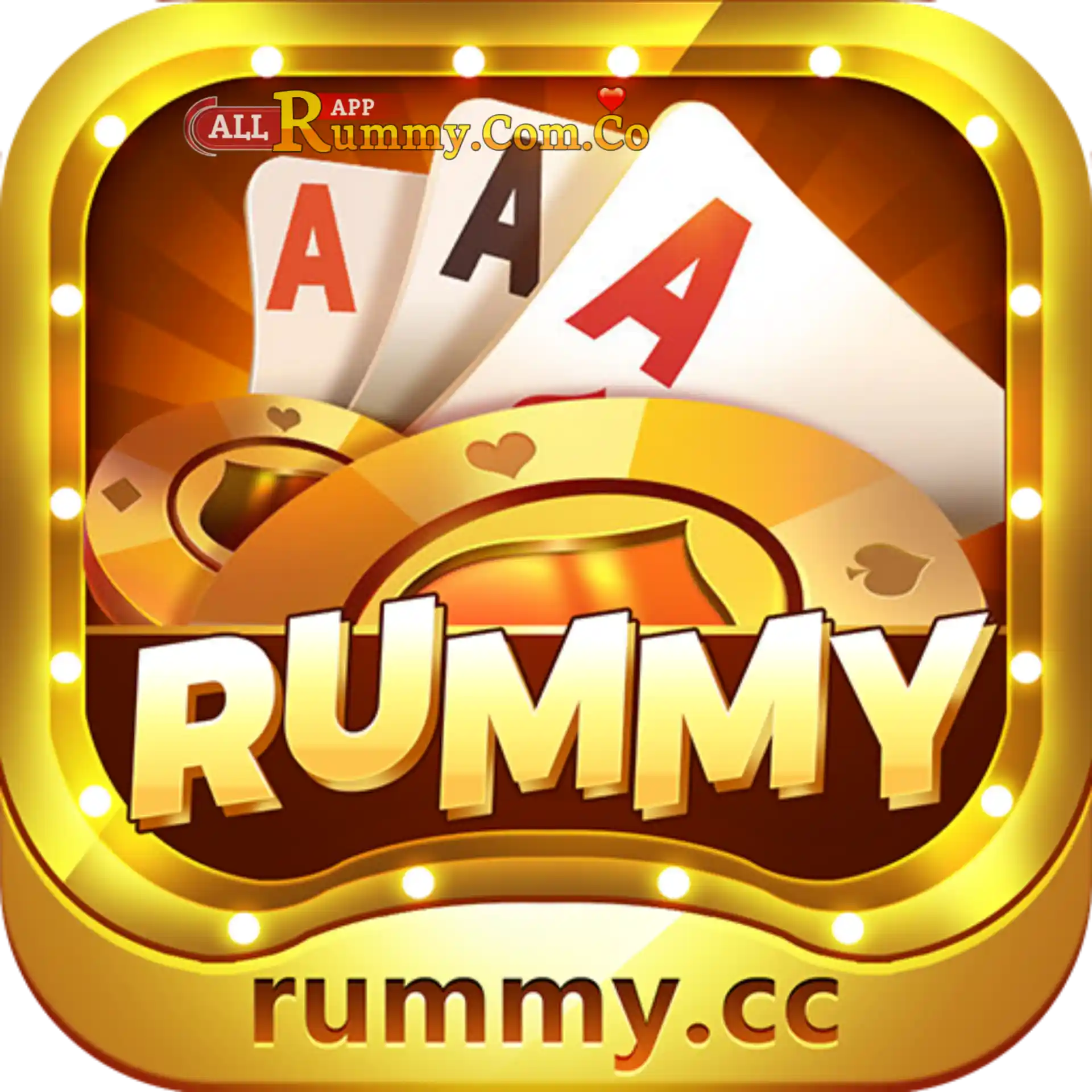Rummy All Games List, Rummy is a timeless card game that has captivated players across generations and cultures. Its strategic depth, combined with the excitement of melding cards into sets and sequences, makes it a favorite among card enthusiasts. The game has evolved over time, giving rise to numerous variants, each with its own unique rules and gameplay dynamics. This article provides an in-depth look at the different types of rummy games, helping you explore the rich diversity of this classic game.
1. Points Rummy
Points Rummy is a fast-paced variant that is popular in India. In this game, players play for points that have a pre-decided monetary value. The objective is to arrange all 13 cards in valid sets and sequences, including at least one pure sequence. The game ends when a player declares their hand, and the points of the remaining players are calculated based on their unarranged cards.
2. Pool Rummy
Pool Rummy is another popular variant in which players aim to accumulate the least number of points. The game is played until a pre-decided point threshold is reached (e.g., 101 or 201 points). Players who exceed the threshold are eliminated from the game, and the last player remaining is declared the winner. This variant requires strategic play to minimize point accumulation.
3. Deals Rummy
Deals Rummy is played for a fixed number of deals, with chips assigned to each player at the beginning. The objective is similar to other rummy variants, but the winner of each deal receives chips from the losing players based on the points they have. The player with the most chips at the end of the predetermined number of deals wins the game.
4. Gin Rummy
Gin Rummy is a two-player game that is popular in the United States. Players aim to form sets and sequences with their cards and end the game by knocking, indicating that they have 10 points or fewer in unmatched cards. The opponent’s unmatched cards are added to the knocker’s total if they cannot form any sets or sequences. The game continues until a player reaches a pre-decided score.
5. Oklahoma Rummy
Oklahoma Rummy is a variation of Gin Rummy where the first face-up card determines the maximum points for knocking. If a Joker is the first card, players must form a perfect gin to end the game. This variant adds an extra layer of strategy and excitement to the traditional Gin Rummy.
6. Kalooki Rummy
Kalooki Rummy, or Kaluki, is a variation of Contract Rummy. Players must meet specific contract requirements in each round to win. The contracts vary in complexity, and the game is typically played with multiple decks of cards, including Jokers. The player who completes all contracts first wins the game.
7. 500 Rummy
500 Rummy, also known as Pinochle Rummy, is a point-based variant where players score points by forming melds and laying them down on the table. The game ends when a player reaches 500 points. Melds include sets, sequences, and specific Pinochle combinations, making this variant unique and challenging.
8. Indian Rummy
Indian Rummy is a traditional 13-card rummy game widely played across India. The goal is to arrange cards into valid sets and sequences, with at least one pure sequence. The game can be played with 2 to 6 players, and it often includes variations like Points Rummy, Pool Rummy, and Deals Rummy.
9. Canasta
Canasta is a rummy variant that is typically played with four players in two partnerships. The game uses two decks of cards and aims to form melds of seven or more cards of the same rank. Wild cards (Jokers and 2s) can be used to complete melds. The game ends when a player goes out by playing all their cards.
10. Kalooki 51
Kalooki 51 is a variation of Kalooki Rummy with specific rules for forming melds and sequences. Players must meet the contract of having at least 51 points in their initial meld to start laying down cards. This adds a strategic element to the game, requiring careful planning and execution.
11. Shanghai Rummy
Shanghai Rummy is a progressive variant that involves multiple rounds with increasing levels of difficulty. Each round has specific contract requirements that players must meet to win. The game is typically played with two decks of cards and can include Jokers as wild cards.
Conclusion
Rummy offers a rich tapestry of game variants, each with its unique charm and strategic nuances. Whether you prefer the quick rounds of Points Rummy, the long-term strategy of Pool Rummy, or the partner dynamics of Canasta, there’s a rummy game to suit every preference. Exploring these variants not only enhances your rummy skills but also provides endless hours of entertainment. So, gather your cards, invite some friends, and dive into the captivating world of rummy!




